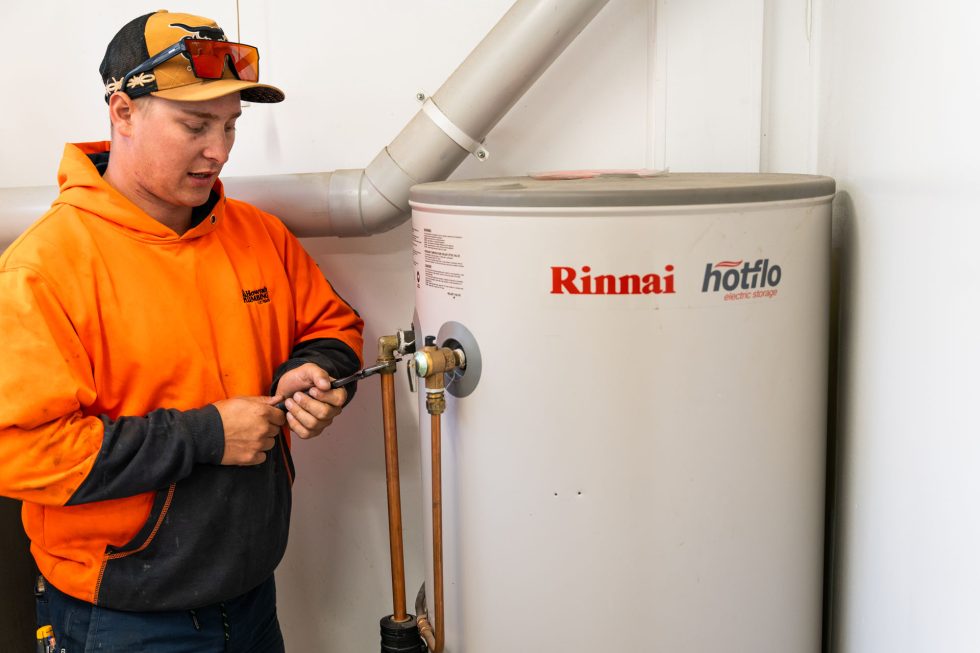
What is a Plumber and What Do They Do?
Posted by on 2024-10-02
A plumber is a skilled tradesperson who specializes in the installation, maintenance, and repair of systems that involve water supply, drainage, and heating. The role of a plumber is integral to our daily lives and often goes unnoticed until something goes wrong. From the moment we take a shower in the morning to when we wash dishes after dinner, plumbers play an essential part in ensuring these activities run smoothly.
The work of a plumber encompasses a variety of tasks. They are responsible for installing pipes and fixtures in new buildings, ensuring that everything from sinks to sewage systems functions properly. This involves reading blueprints and understanding building codes to ensure compliance with local regulations. Plumbers also install appliances such as dishwashers, water heaters, and even complex industrial systems.
Maintenance is another crucial aspect of a plumber's job. Regular inspections can prevent small issues from becoming major problems. For instance, a leaky pipe might seem insignificant at first but can lead to severe water damage if left unchecked. Plumbers use specialized tools and techniques to diagnose potential issues early on, saving homeowners significant time and money.
Repair work is perhaps what most people associate with plumbing. When something breaks or malfunctions—be it a clogged drain, burst pipe, or faulty water heater—a plumber comes to the rescue. They have the expertise to quickly identify the problem and implement effective solutions. This often involves working in less-than-ideal conditions: cramped spaces under sinks, hot attics with boilers, or even outdoors in inclement weather.
Beyond technical skills, plumbers need strong problem-solving abilities and good customer service skills. They must communicate effectively with clients to understand their needs and explain solutions clearly. Trustworthiness is also vital; homeowners need assurance that they are getting reliable advice and high-quality service.
Moreover, the profession demands physical stamina and dexterity. Lifting heavy pipes, maneuvering into tight spots, and using various hand tools require both strength and precision. Safety is always paramount; plumbers must adhere to safety regulations to protect themselves from hazards like chemical exposure or electrical shocks.
In addition to traditional roles, modern plumbers are increasingly involved in green technologies aimed at conserving water and energy. For example, they may install low-flow toilets or energy-efficient heating systems that reduce environmental impact while cutting costs for consumers.
The path to becoming a plumber typically involves vocational training through apprenticeships or trade schools where students learn both theory and practical skills over several years. Certification is usually required by governing bodies depending on location which ensures that only qualified individuals practice this trade.
In conclusion, plumbers do far more than fix leaks—they are vital contributors to public health through sanitation systems; they support infrastructure by installing efficient piping networks; they contribute positively towards environmental sustainability through eco-friendly practices; all while providing comfort by maintaining our everyday conveniences seamlessly running behind walls unseen but deeply felt when absent!